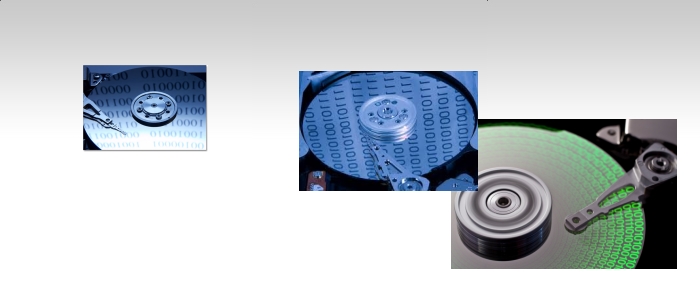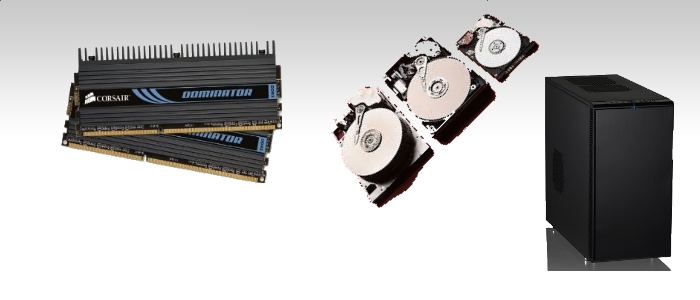Malware & Virus Removal / Prevention
Computer Repairs - Somerset
Is your computer running slow? Doing unexpected things? Or does your homepage keep changing? You may have a Virus or some other sort of Malware.
If you think you have a virus call now. The longer a virus is left untreated the worse it can get.Approximately 6,000 new viruses are released every month, so it’s no wonder some of them slip through the net of your anti-virus software.
Before we start to remove malware we will back up all of your data including documents and pictures.
Once we have removed the virus we will install or update your anti-virus protection with a free anti-virus program or one of your choise. As part of the process we will stop any programes from starting that don't need to and remove all temporary files, such as browser history, from your computer.
As virus removal can take several hours we opperate a collect and return service. Where possible we will do this the same day.
Want to Know More?Malware, short for malicious software, is software used or created by attackers to disrupt computer operation, gather sensitive information, or gain access to private computer systems. It can appear in the form of code, scripts, active content, and other software. 'Malware' is a general term used to refer to a variety of forms of hostile or intrusive software including: Viruses, Ransomware, Worms, Trojan Horse, Rootkits, Keyloggers, Spyware and Adware
A computer virus is a computer program that can replicate itself and spread from one computer to another. The term "virus" is also commonly, but erroneously, used to refer to other types of malware, including but not limited to adware and spyware programs that do not have a reproductive ability.
Ransomware (or scareware) comprises a class of malware which restricts access to a computer system that it infects, and demands a ransom paid to the creator of the malware in order for the restriction to be removed. Some forms of ransomware encrypt files on the system's hard drive, while some may simply lock the system and display messages intended to coax the user into paying.
A computer worm is a standalone malware computer program that replicates itself in order to spread to other computers. Often, it uses a computer network to spread itself, relying on security failures on the target computer to access it. Unlike a computer virus, it does not need to attach itself to an existing program. Worms almost always cause at least some harm to the network, even if only by consuming bandwidth, whereas viruses almost always corrupt or modify files on a targeted computer.
A Trojan horse, or Trojan, is a non-self-replicating type of malware which appears to perform a desirable function but instead facilitates unauthorized access to the user's computer system. Trojans do not attempt to inject themselves into other files like a computer virus. Trojan horses may steal information, or harm their host computer systems.Trojans may use drive-by downloads or install via online games or internet-driven applications in order to reach target computers. The term is derived from the Trojan Horse story in Greek mythology because Trojan horses employ a form of “social engineering,” presenting themselves as harmless, useful gifts, in order to persuade victims to install them on their computers.
A rootkit is a stealthy type of software, often malicious, designed to hide the existence of certain processes or programs from normal methods of detection and enable continued privileged access to a computer.The term rootkit is a concatenation of "root" (the traditional name of the privileged account on Unix operating systems) and the word "kit" (which refers to the software components that implement the tool).
Rootkit installation can be automated, or an attacker can install it once they've obtained root or Administrator access. Once installed, it becomes possible to hide the intrusion as well as to maintain privileged access. The key is the root/Administrator access. Full control over a system means that existing software can be modified, including software that might otherwise be used to detect or circumvent it.
Rootkit detection is difficult because a rootkit may be able to subvert the software that is intended to find it. Removal can be complicated or practically impossible. Reinstallation of the operating system may be the only available solution to the problem.
Keystroke logging (more often called keylogging or "keyloggers") is the action of tracking (or logging) the keys struck on a keyboard, typically in a covert manner so that the person using the keyboard is unaware that their actions are being monitored. There are numerous keylogging methods, ranging from hardware and software-based approaches.
Spyware is software that aids in gathering information about a person or organization without their knowledge. Spyware can collect almost any type of data, including personal information like user logins, and bank or credit account information.
Adware, or advertising-supported software, is any software package which automatically renders advertisements in order to generate revenue for its author. The advertisements may be in the user interface of the software or on a screen presented to the user during the installation process. The functions may be designed to analyze which Internet sites the user visits and to present advertising pertinent to the types of goods or services featured there. The term is sometimes used to refer to software that displays unwanted advertisements.
Fixed-it
Why choose Fixed-it?
- No VAT to pay
- No minimum charges
- Hourly rate charges are billed in 15 minute intervals
- Any hardware required for repairs or upgrades are passed to the client at cost price
- All work undertaken by a qualified technician
- Jargon free advice and explanations
- Free quotations
- Open and honest pricing structure with no hidden costs























